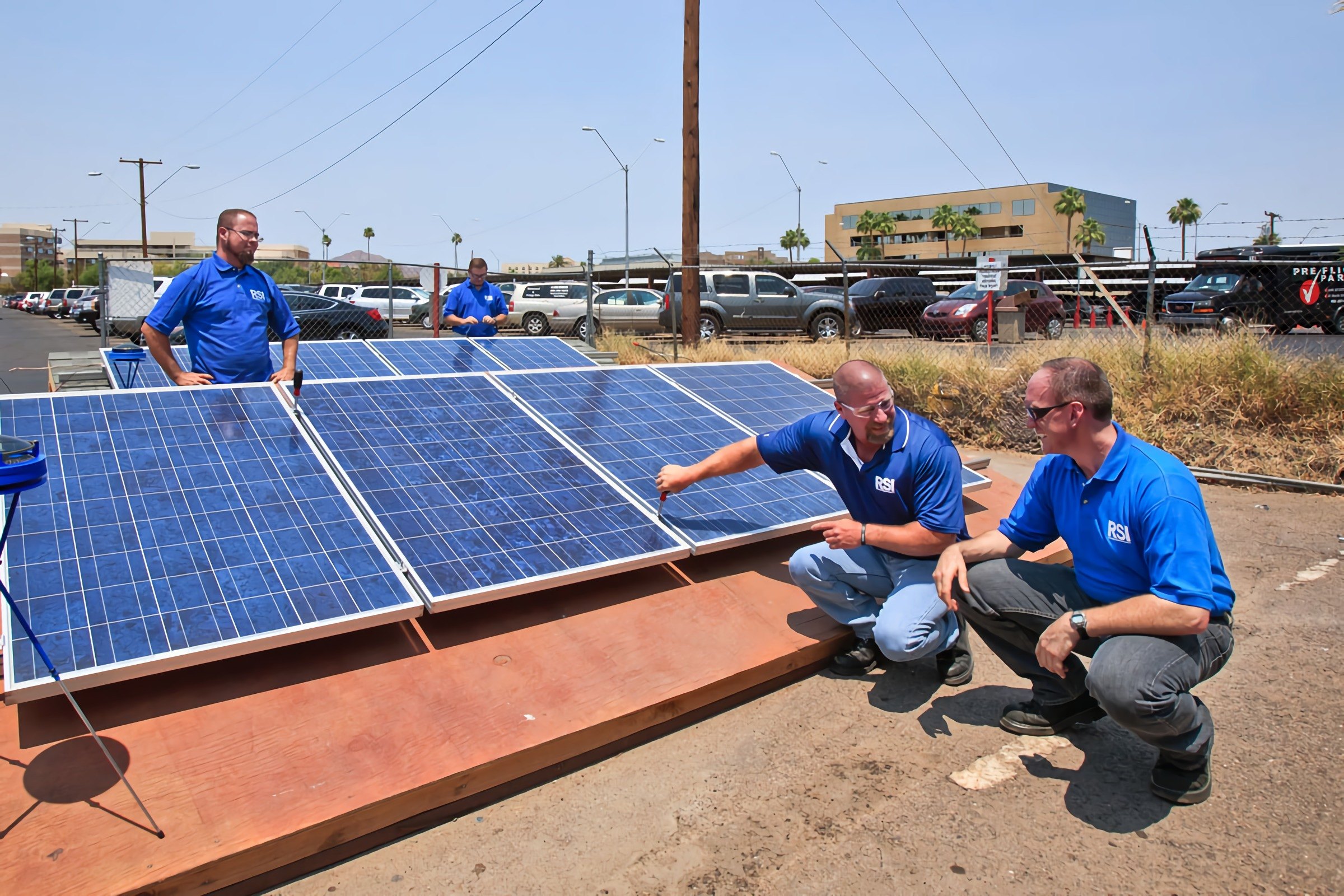
Geothermal energy has been used throughout history to heat homes and carry out daily activities. In colder areas, ancient peoples used water from hot springs to bathe, cook, and clean. To this day, people still rely on hot springs for these purposes. However, in the late 1700s, people also began harnessing the earth’s natural steam vents to generate power. Since then, technology in this field has continued to develop, and it’s becoming increasingly widespread today. The EPA and the DOE have declared that geothermal heat pumps are the most environmentally friendly and cost-effective way to heat a home. In today’s environment of pollution awareness and financial consciousness, these qualities are pushing geothermal energy sources into even greater popularity.
The Shift toward Geothermal
As fuel prices rise and environmental consequences of dirty fuel becomes more known, the appeal of environmentally friendly technologies, including solar, wind, and geothermal, has increased. Geothermal in particular has an irresistible draw for homeowners. Operating costs for geothermal systems are only 20% the costs of electric furnaces. They are also eligible for a 30% federal tax credit as of the writing of this article. Geothermal systems are also reputably long-lived. A single loop, the pipe system that runs underground, will typically last for 50 years. Without exposure to outdoor elements, the equipment takes less abuse and is able to perform longer. Fewer moving parts also means fewer opportunities to break and demand repair. Most compellingly for some, geothermal systems produce no pollutants of any kind, making it an entirely clean system that will not harm the environment or put your loved ones at risk for respiratory problems.
Geothermal and HVAC Technology
Geothermal energy is a fast-growing industry. In 2009, it made up less than 1% of the world’s energy sources. However, it is expected to supply 10-20% by the year 2050. Today 20 countries already have geothermal power plants. Iceland is often thought of as the world leader in geothermal technology with geothermal power facilities currently generating 25% of the country’s total electricity production. With the overwhelming success of its geothermal energy program, Iceland is inspiring other nations to also place greater emphasis on natural energy sources.
Geothermal HVAC units can be central heating only, hot water only, or heating and cooling. In the US, the most common type of residential geothermal system provides both heating and cooling. While they typically cost more to install than traditional heating and air conditioning systems, the savings in energy and maintenance costs is worth the investment for many homeowners.
Training in geothermal technologies is part of HVAC technician training at The Refrigeration School. For more information about curriculum and skills training, contact RSI today.
Get Started on the Path to a New Career
Fill out our form to learn how we can help you change your life.
Additional Sources
http://www.nea.is/geothermal
http://www.hvac-for-beginners.com/geothermal.html
This blog has been labeled as archived as it may no longer contain the most up-to-date data. For a list of all current blog posts, please visit our blog homepage at https://www.rsi.edu/blog/

